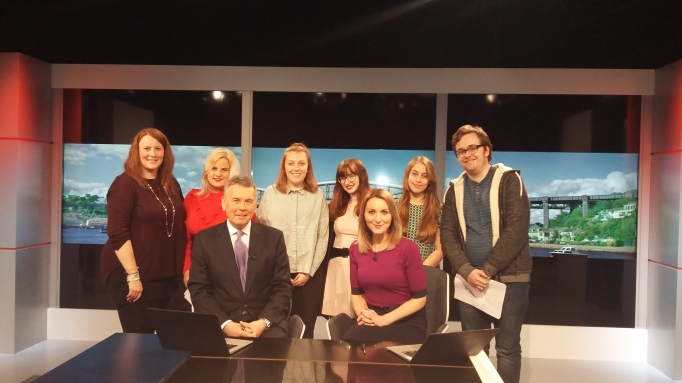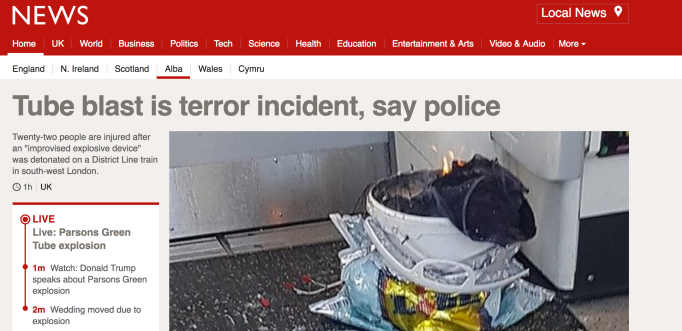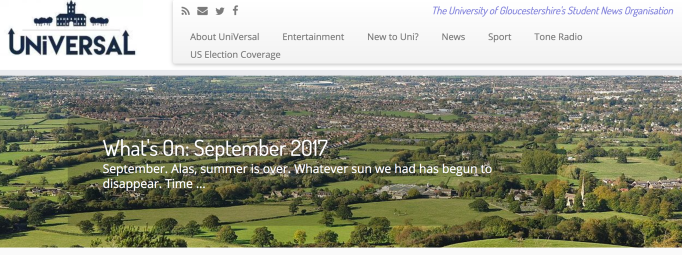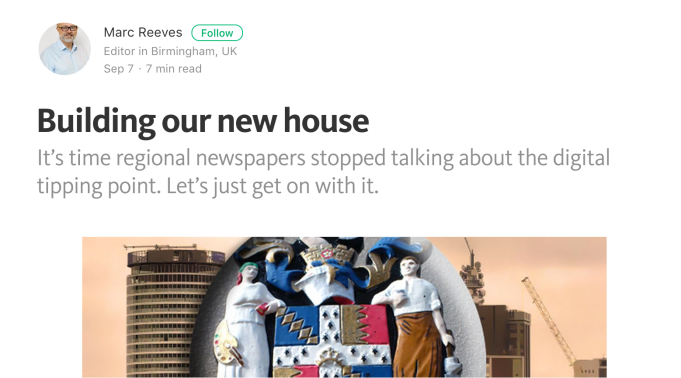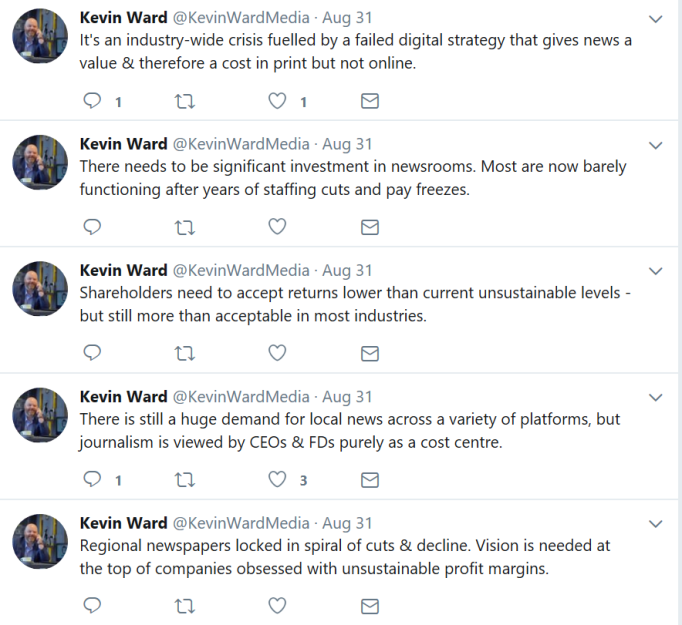I’ve been to two journalistic leaving dos in the last few days.
Both the departures were of reporters in their 20s, both of them leaving mainstream journalism.
Which might be seen as sad, particularly as I welcome 24 new students to our university journalism course.
There’s no sadness on my part, though. I know both are heading off to futures that they are going to embrace and enjoy. And I know that in many ways they wouldn’t be on that journey without the experiences, training and confidence that journalism has given them.
I write this as my friends at Gloucestershire Live come to the end of a difficult process that will see jobs lost as the Echo and Citizen titles go weekly and the departure of Matt Holmes – an editor who has inspired scores of colleagues down the years, and who it has been a pleasure to have worked with.
At both leaving dos, as indeed happens pretty much everywhere I go, I was asked the same question. One, indeed, that I was also asked when I appeared on BBC Points West to discuss the Gloucestershire papers shake-up.
What do you say to your students? Are you honest with them about the state of the industry?
The answer is that we are very honest.
That candour involves an acceptance that media and journalism now cover a multitude of sins, and that the sorts of jobs which editors now need to fill have changed.
But, as I said in a recent blog aimed at new journalism students, there remains no shortage of work for people with the right ability, determination, emotional intelligence, organisation and enthusiasm.
And I also point them towards a building that remains a potent and poignant symbol of journalism’s potential – both for good and evil.
I worried when Grenfell Tower fell out of the news agenda.
We should never allow the lessons of that watershed moment to be forgotten, or eclipsed by new concerns.
I will be spending a lot of time talking about the implications of Grenfell Tower with our students this year.
Because every challenge that currently faces journalism is writ large here.
From the trade-off between speed and accuracy to the balance between wall-to-wall coverage and intrusion, along with the recognition that most journalists do not reflect the demographics of the areas they cover.
And above all else, the failure of media organisations across the capital to be in touch with their communities – to see and hear the writing on the wall of residents’ association blogs and cynical council cost-cutting.
It’s been hugely refreshing to see Newsnight’s incredible storytelling this week, focussing on presenting the tower’s tenants as fascinating, engaging people whose lives shouldn’t be defined by tragedy.
My overarching message to our first years, to all journalism students, and all journalists everywhere is this: Get it right, and we stop Grenfell Tower happening again. Get it wrong, and such tragedies recur time and time again. It’s as simple and as serious as that.
There’s a hint of this in a hard-hitting valedictory piece by an editor whose paper is being shut, Sarah Cox.

It includes a wonderful description from literature of what journalism should do:
‘The job of the newspaper is to comfort the afflicted and afflict the comfortable’
We talked at those leaving dos of how knackering journalism is. It’s relentless, it’s exhausting. But it’s also deeply exhilarating, and addictive.
I now like to think of journalism as a little like one of my other loves: running.
There are parts that have to be a sprint: the reaction to breaking news, of course, but also the content that gets written to meet search criteria, and for short-term web target gains.
And there should be no reason to fear software such as Chartbeat, which gives us more information than we have ever had before about our readers’ habits and behaviour.
Why would we not want to write stuff that people want to read?
But there must be some marathon journalism as well.
I was immensely cheered when those friends at Gloucestershire Live found the time and space to tell the story of the devastating floods of 2007 ten years on recently.
It was superbly executed, with stories beautifully told.

When I spent a week with them in the summer, I also heard a phrase that brought joy to my heart: ‘Let’s play the long game.’
That was a decision not to use a social media picture of a crash victim to avoid upsetting a bereaved community, and to build up goodwill for the future.
As long as phrases such as long game are still being used, there will be a long term for journalism.
And there will be a bright future for journalism students trained for both the marathon and the sprint.
PS: That picture is me, by the way. I’m not proud of myself.


